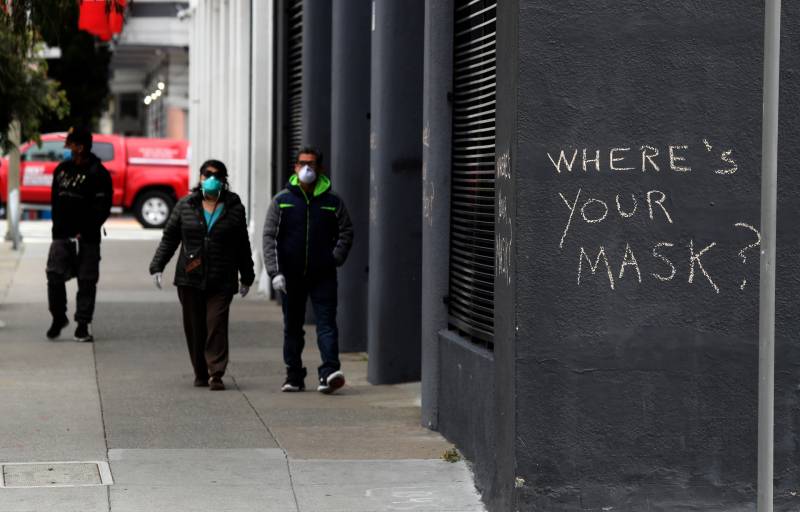Spikes in COVID-19 cases — and a rise in hospitalizations in particular — have landed San Francisco on the state’s seemingly ever-growing COVID-19 watch list.
The city will comply with additional watch list-related restrictions, Mayor London Breed announced in a press conference Friday. Indoor malls and non-essential offices in San Francisco must close beginning Monday, Breed's office said.
Thirty-three of California's 58 counties have have now been added to the watch list by Gov. Gavin Newsom's administration due to surging cases and other data points trending in the wrong direction. Before Friday, San Francisco and San Mateo counties were the only Bay Area counties not on the list.
“We have a small window of time right now to get our cases under control, before we could see the large outbreak that we’re seeing around this country,” Breed said.
Breed attributed the bulk of San Francisco’s COVID-19 surge to non-household gatherings, and people going back to work.

